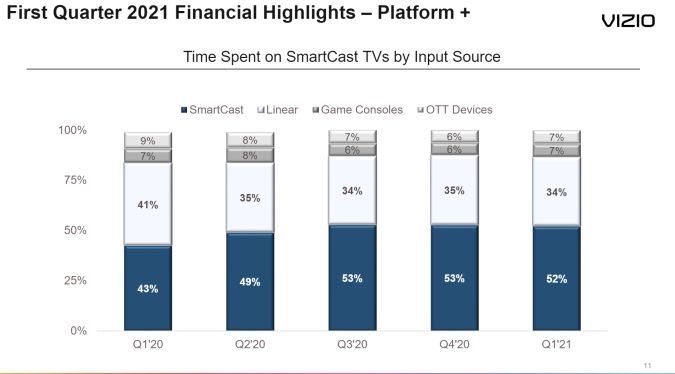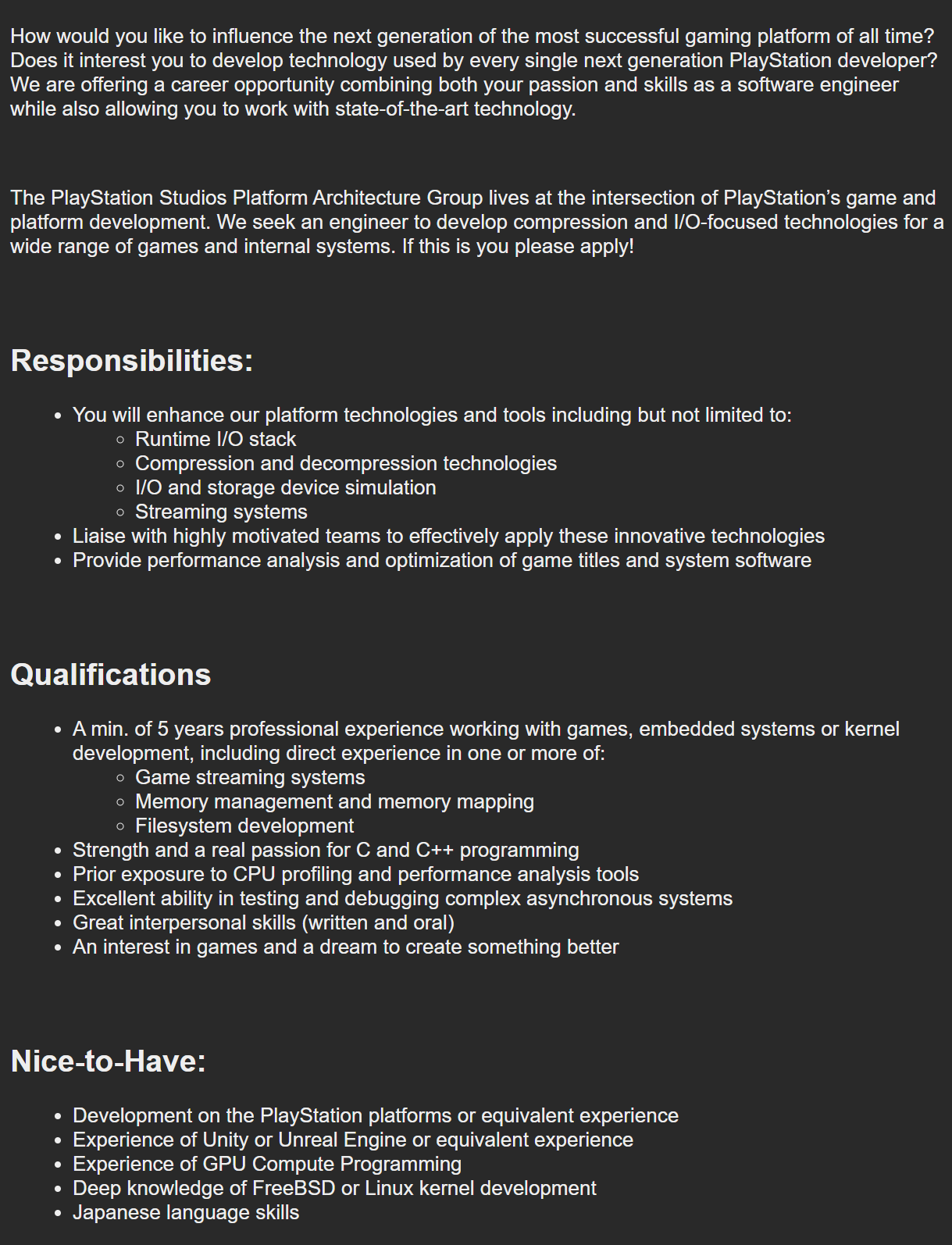Judge Edward M. Chen of the U.S. District Court for the Northern District of California, with the agreement of both parties, dismissed the lawsuit "with prejudice" — a legal phrase that means the plaintiff cannot file another legal action on this issue in the future. Terms of the dismissal were filed under seal, and both sides will have to pay their own legal costs.
California resident Douglas Ladore
filed suit last August, alleging that Sony had lied about the resolution of
Killzone: Shadow Fall. According to Ladore's original complaint, Sony had claimed in its marketing for the PlayStation 4 launch title that the game would run at a native resolution of 1080p. But developer Guerilla Games, a subsidiary of Sony Computer Entertainment, built
Shadow Fall's multiplayer component with "a technological shortcut that was supposed to provide 'subjectively similar' results" to native 1080p, the complaint charged.
Following a graphical analysis by
Eurogamer's Digital Foundry in March 2014, nearly four months after
Shadow Fall's release, Guerrilla had clarified in a
blog post that it used a technique called "temporal reprojection" for multiplayer. According to Guerrilla, temporal reprojection produces an image that is indistinguishable from a typical 1080p feed "most of the time."
Ladore's complaint charged Sony with claims such as negligent misrepresentation, false advertisement, unfair competition, fraud and inducement, and sought damages of more than $5 million. Sony had previously attempted to have the lawsu













